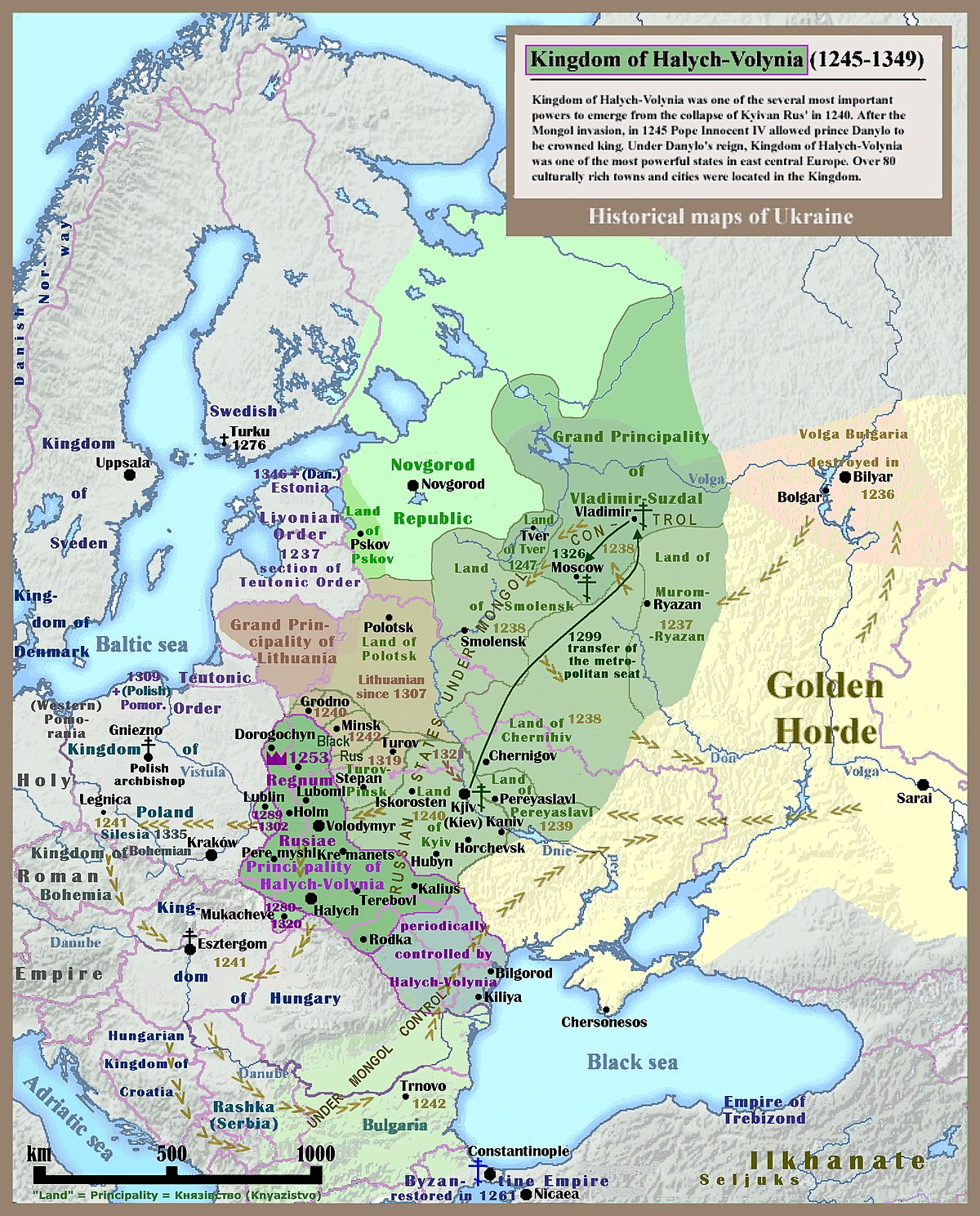I have been trawling through the forum to see if this has come up before, but I can't seem to find anything.
Basically, I am wondering how easy it would be for a distinctive Galician (the East Slavic variety) language and culture to develop, separate from Ukrainian. Basically, it needs to be distinctive enough that it is recognised as separate, including by their fellow east Slavic peoples. A recognisable Ukrainian identity still needs to exist ITTL, by the way, along with Belarusian.
Perhaps having Poland somehow never being in union with Lithuania?
Or would it be possible to do this later? IIRC, distinctive Belorussian, Ukrainian and Rusyn identities evolved from a generic Ruthenian identity, which (as far as a cursory investigation indicates) is generally considered to have occurred by the late 18th century. Would it be possible for alt-Galician to stem from the evolution from Ruthenian into Old Belarusian and Old Ukrainian?
I am quite happy for a significantly larger alt-Rusyn equivalent, but bonus points if this (or a more direct equivalent) also exists.
Extra bonus points if a group equivalent to West Polesian is similarly recognised.
Here is a page on Wikipedia about the so-called Slavic "microlanguages":
 en.wikipedia.org
en.wikipedia.org
Basically, I am wondering how easy it would be for a distinctive Galician (the East Slavic variety) language and culture to develop, separate from Ukrainian. Basically, it needs to be distinctive enough that it is recognised as separate, including by their fellow east Slavic peoples. A recognisable Ukrainian identity still needs to exist ITTL, by the way, along with Belarusian.
Perhaps having Poland somehow never being in union with Lithuania?
Or would it be possible to do this later? IIRC, distinctive Belorussian, Ukrainian and Rusyn identities evolved from a generic Ruthenian identity, which (as far as a cursory investigation indicates) is generally considered to have occurred by the late 18th century. Would it be possible for alt-Galician to stem from the evolution from Ruthenian into Old Belarusian and Old Ukrainian?
I am quite happy for a significantly larger alt-Rusyn equivalent, but bonus points if this (or a more direct equivalent) also exists.
Extra bonus points if a group equivalent to West Polesian is similarly recognised.
Here is a page on Wikipedia about the so-called Slavic "microlanguages":

